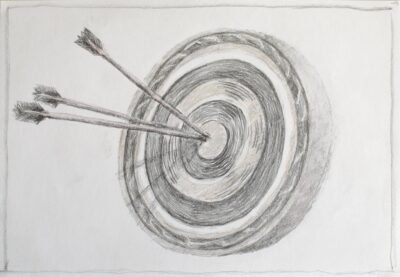 You don’t have to have read too many books to realize that breadth of vocabulary is a great attribute for a writer. It goes back to Flaubert’s idea of the mot juste—using just the right word.
You don’t have to have read too many books to realize that breadth of vocabulary is a great attribute for a writer. It goes back to Flaubert’s idea of the mot juste—using just the right word.
The mot juste
We tend to think of adjectives here because they’re descriptors. To describe the house precisely, we need the right adjectives, correct? A cozy little house. An impressive house. A dirty, sagging house. But adjectives are only one of many parts of speech that can be refined by making a judicious choice. Is the house a mansion? A cottage? a hovel? A bungalow? A villa? Choose the right noun, and you may not even need an adjective. The word cottage says so much by itself, for example, that it’s easy to conjure up a mental picture without a single adjective. Cozy little cottage would be overkill, because both of those traits are implied in the noun itself. But a vine-covered cottage narrows down the field. Not all cottages are covered in vines.
The adverbe juste
The same law applies to verbs and adverbs. Adverbs are descriptors, like adjectives. They tell how an action is carried out.
- She walked insouciantly.
- He scratched his nose significantly.
- She bit her fingernail nervously.
You can expand this range by calling up some prepositional phrases used adverbially:
- She walked with a springy step.
- He scratched his nose with a wink.
- She bit her fingernail in a nervous way.
The verbe juste
But often, there’s a more direct and sometimes more parsimonious way to get across the manner in which an action takes place. Seek the mot juste! Find a richer, more specific verb, and no adverb will even be required. For some reason, this seems less evident than varying our nouns and adjectives and even adverbs (although adverbs seem under the ban these days). A rich verbal vocabulary isn’t as frequently found in novels as one might hope, and this reader really lights up when she finds a writer who knows how to use verbs with panache. Because an image-packed verb can sear what you want to say on the reader’s brain like nothing else.
So, instead of he walked, try
He slouched
- He shambled
- He ambled, rolled, strolled, tottered
- staggered, or plodded.
- Rather than she cried, use
- She howled
- She sobbed
- She wept, wailed, blubbered, keened,
- moaned, sniveled, or mewled.
See how much more nuanced each of these substitutes for walk or cry is? There’s a whole world of description imbedded in the verb itself.
When you find the verbe juste, does that mean you can’t use any adverbs, at risk of descending into purple prose? Let’s just say be chary in their use. Sometimes they may actually add a precision that’s useful; sometimes they may be redundant. He staggered unevenly is pointless—staggering is uneven by its nature—but He staggered drunkenly tells us which of the multiple reasons a person might stagger are in play. Your writer’s instinct will guide you.

Shutta Crum
Yes! Well said.